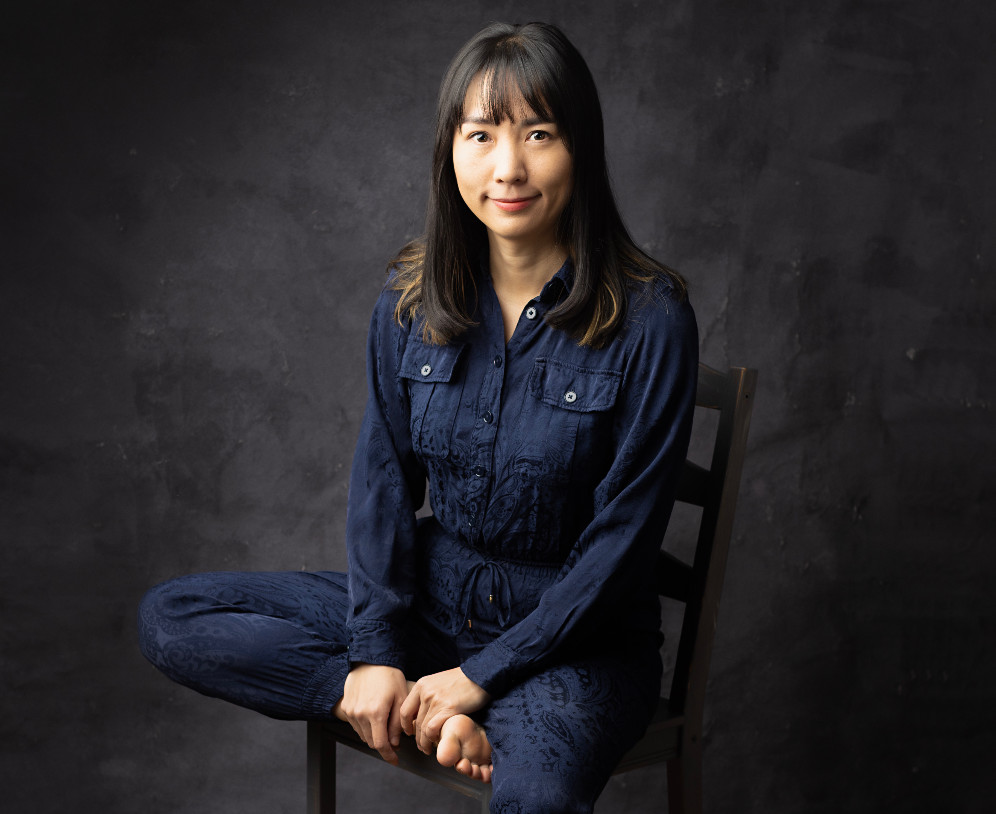
Korean-American composer and pianist Juri Seo has a new album on the way. Obsolete Music, performed by chamber sextet Latitude 49, is a collection of six works that reimagine traditional classical forms through a contemporary lens, blending old forms like fugues and cantus firmus with unusual rhythms and sharp contrasts. “It’s impossible to call anything obsolete, since when you say something is obsolete, you’re bringing it back to relevance,” she says. “I’m always thinking about this kind of cyclicity, of things always coming back—I think this is a very modern phenomenon—since now we can access whatever, whenever we want. Now everything in human history is available to us, and I like being able to be inspired by all of those things, all at once..”
Seo, who teaches at Princeton University, draws from a wide musical language that spans centuries, but always with her own distinct logic. “I fell in love with music through counterpoint. For a lot of contemporary composers, this is a kind of exercise that they do in class, but for me, it’s how I started music, you know, playing Bach fugues”, she explains, continuing:
“I came to think of counterpoint as a musical device that enables the unlikely interaction between complexity and warmth. It’s difficult to play or compose a fugue—they’re very complex—but once you embody it, with your fingers and ears, it becomes a simple, playful, and warm experience. I’m always looking for that combination of warmth, of this simple, radiant feeling, and intricacy. That’s something I strive for no matter what styles I write.”
‘Ostinato’ which served as the first single from the album, opens the record with relentless energy and spiraling tempo shifts. Seo’s approach to form is loose but intentional, as she puts it:
“As a composer, you can control the form to some extent, but you always have to let it grow in its own unexpected ways.”
The newly released ‘Cantus Firmus’ takes a more meditative and immersive route, built around Hildegard von Bingen’s ‘O rubor sanguinis’, and the cantus firmus technique. Speaking about it, Seo comments:
“It is built on the popular Medieval-Renaissance formal device of the same name—counterpoint unfolding along with a greatly elongated melody. Quarter tones feature prominently, initially as cadential embellishments and later as the harmonic foundation, taking the contrapuntal universe to a microscopic scale.”
Obsolete Music arrives on June 13th through New Amsterdam Records. Now listen to both ‘Ostinato’ and ‘Cantus Firmus’ below.


Thank you for sharing these pieces with the world!